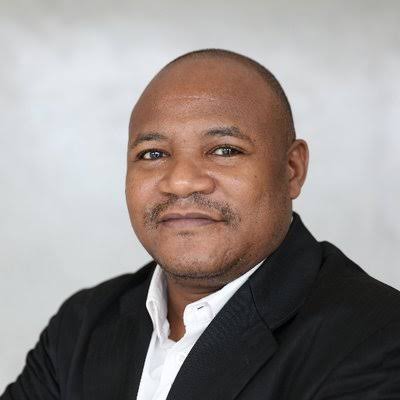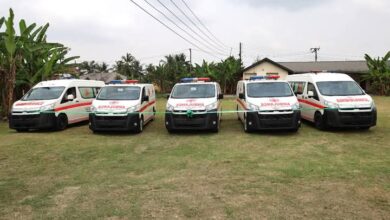NGO Organises Advocacy Action Plan For Maternal, Child, Adolescent Health

By Alice Etuka, Abuja
The Africa Health Budget Network (AHBN) has said it would be holding a two-day Validation Meeting on Collaborative Advocacy Action Plan (CAAP) for Women, Adolescents, and Children’s Health in Nigeria.
Coordinator of AHBN, Dr. Aminu Magashi Garba disclosed this in a statement issued on Monday, May 13, 2024.
Magashi hinted that the meeting would hold at the AHBN headquarters in Abuja on Tuesday, 14th and Wednesday, 15th May.
He said, the focus of the meeting will be on the Collaborative Advocacy Action Plan (CAAP) for women, adolescents, and children’s health in Nigeria.
On October 12, 2020, the Nigerian government launched the Reproductive, Maternal, Newborn, Child, Adolescent, and Elderly Health Plus Nutrition (RMNCAEH+N) initiative, to streamline interventions and optimise resources towards achieving Universal Health Care Coverage (UHC).
However, Dr. Magashi stated that despite collective efforts, the maternal and child health indices in the country remained disheartening, as revealed by the Nigeria Demographic and Health Survey (NDHS) 2018.
According to him, the Collaborative Advocacy Action Plan (CAAP) for Nigeria brings together diverse stakeholders, including government agencies, NGOs, international partners, media, and communities.
He said, “Our collective efforts in addressing these health challenges are intricately linked to President Bola Ahmed Tinubu’s policy in the health sector renewal plan and the sector-wide approach.
“Non-state actors, including NGOs, community-based organizations, and private sector entities, also play vital roles in complementing government efforts, driving innovation, and fostering community empowerment and collaboration.”
Magashi explained that the international development partners contribute significantly through financial support, technical assistance, research and innovation, advocacy, supply chain management, monitoring and evaluation, emergency response, and partnerships and coordination.
He also stated that the media and communities serve as powerful allies, working together to raise awareness, promote behavior change, advocate for policy action, facilitate crisis response, foster community participation, and build capacity for sustainable health outcomes.
Therefore, the collective efforts of stakeholders were indispensable in addressing maternal, child and adolescent health problems in the country.
“By synergising our resources, expertise, and networks, we can realise our shared vision of a healthier, prosperous future for all”, he said.






